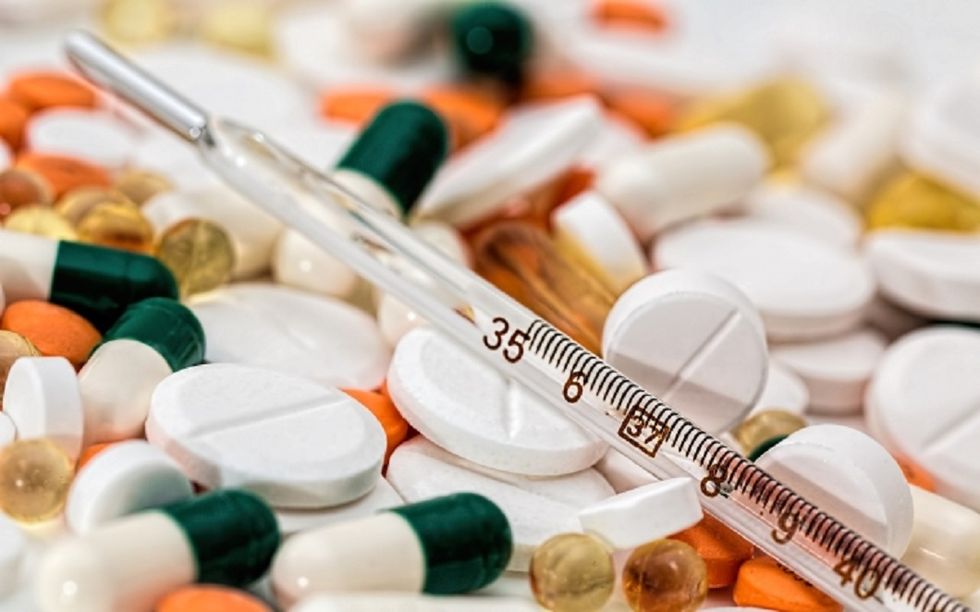Dear Brianna Lyman,
While in your own opinion, addiction is not a disease, I would like to tell you that you are scientifically wrong.
Primarily, your statement that addicts choose to become addicts is blatantly false. Did you know that mothers addicted to drugs while pregnant can give birth to a baby that is also addicted to the same drug? That baby did not have any say in their addiction. They were born with a disease passed onto them through the nutrition that they received as a fetus.
Did you know that people become addicts without a choice? Victims of abuse or sexual assault can be addicted to drugs if they were repeatedly forced upon them. Many victims who are held in captivity for a while are heavily drugged. Those unfortunate victims develop an addiction to something they never chose to partake it. Also, many addictive drugs are given to patients who are ill and suffering. I was once prescribed Oxycontin by a doctor for major pain relief. That is a highly addictive drug. My father made sure that I took as little as I could for as short as I needed it. The first full day without the pill was really hard--I had only been taking the pill for two or three days at that time. By the end of the day, I was feeling desperate for a pill that was no longer even useful because my pain had gone away. Can you see how the addiction was not my choice?
So perhaps you still are not convinced that addiction is a disease, but at least you might see that addiction is not a choice. Let me make one more argument, okay? Addiction is a disease because it is hereditary.
Growing up, my mom warned my sister and I about how drugs and alcohol are bad. She informed me that many relatives in our family have suffered from addiction in the past, making it hereditary. Every time someone uses a drug, they have the possibility to have it mark their DNA which increases the production of proteins common with addiction. So if my great grandmother was using heroin for an extended period of time, her genetics passed onto her biological children would have the similar DNA that was modified by the drug. That genetic mark would impact every generation to come, especially when there are multiple instances of addiction and drug use in family line.
If I am not mistaken, genetic predispositions are usually considered diseases, correct? Such as your parent having cancer, thus increasing your odds of having cancer. But so many factors play into addiction besides genetics because in studies done on identical twins, both twins are not always addicted to a drug; sometimes it is only one. Addiction can be affected by environmental factors and their coping skills. If twin A was pressured into trying drugs while twin B was not, twin A is more likely to become addicted. If twin A is able to cope with drastic changes in their life but twin B is not, twin B has the greater chance of becoming addicted.
Brianna Lyman, you say that you have had addicts around you, but you seem to not have an understanding of their situation. Do you know what it is like to live with the fear that if you drink too often, you can become an alcoholic? Even just the need to have one glass of red wine a day would be considered an addiction. I am afraid that if I am admitted to a hospital and put on morphine, I will become addicted. That if I become addicted, I will ruin my future along with negatively impact those around me. Please, do not think I am looking for sympathy because as you said, I do not have cancer that is claiming my life. I am not dying--hopefully--anytime soon of some life destroying disease. But not every addict has a choice when it comes to addiction and you do not have the right to determine what is or is not a disease.
Sincerely,
A Girl With An Epigenetic Predisposition






















